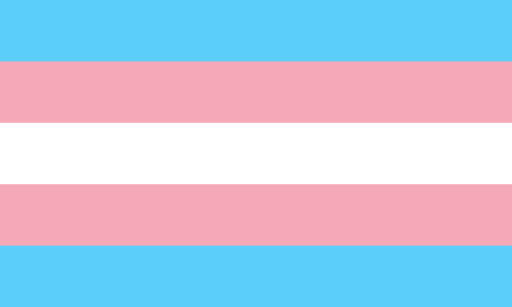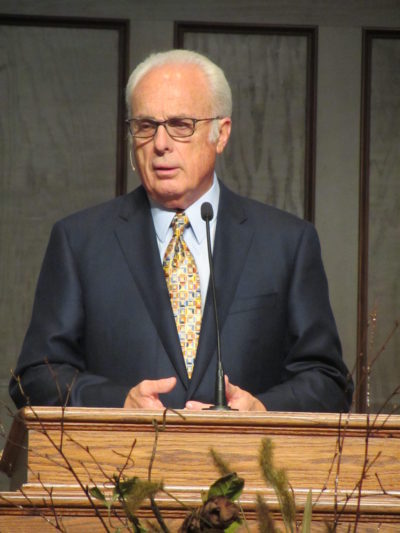In academia, a very hot topic now is Brown University’s response to criticism of Lisa Littman’s PLOS One paper on rapid onset gender dysphoria (see here and here). Brown initially promoted Littman’s paper which reported on her survey of 256 parents of children with late onset gender dysphoria. However, when transgender activists raised criticisms, the school pulled their press release about the study from distribution.
One of the key criticisms is that Littman posted her call for respondents on three websites which are frequented by parents who describe rapid onset gender dysphoria in their children. Critic Julia Serano called this “begging the question.” Diane Ehrensaft was quoted in the Economist as saying Littman’s recruitment “would be like recruiting from Klan or alt-right sites to demonstrate that blacks really are an inferior race.”
If Littman was trying to generally study gender dysphoria in adolescent or make a claim that the onset of all gender dysphoria in adolescence was rapid, then these criticisms might be more on point. However, Littman’s interest was more specific. She wanted to understand the relatively recent experience of rapid onset gender dysphoria in social groups where the prevalence is much greater than expected. Thus, she went where the subjects were.
The analogy offered by Ehrensaft is off because Littman wasn’t studying gender dysphoric teens in a general sense. She was trying to get a look at a subset of teens who reported gender dysphoria in the context of social groups where many such teens were reporting it. The analogy also fails because the websites Littman used for recruitment do not have negative attitudes toward transgender people in general. They do seem defensive in the face unrelenting attacks by transgender activists, but I can’t blame them for that.
Hidden Populations Are Hard to Reach
The history of research in sexuality is filled with studies of activist groups and websites. Early GLBT studies were populated by appeals to secret groups and it is still common to reach out to activist groups. In thinking about this study, I thought of the one by Ariel Shidlo and Michael Shroeder on harm done by conversion therapy. When they first recruited for subjects, they went to GLB activist groups with the following message:
Homophobic Therapies: Documenting the Damage
The National Lesbian & Gay Health Association is sponsoring an investigation of the outcomes of so-called treatments of the so-called disorder of homosexuality.
In the press release was this call for subjects:
You can be of help in the long process of getting the message out that these “conversion” therapies don’t work and do the opposite of healing *by informing your lesbian/gay/bi communities of our search for participants to be interviewed.* Please announce our project in any upcoming lesbian and gay community meetings and spread the word.
This study was a pilot study but helped to shine some light on the reactions of clients to sexual orientation change efforts. The study was widely criticized but it never claimed to be a representative sampling of all people who had tried change therapy. Therefore, the most careful interpretation of the work was focused on people who felt harmed. By analogy, that is what can be said about Littman’s study. One cannot generalize to all trans teens, nor does Littman do that. Anything that can be said can only be said about the parent reports and that is a valuable contribution at this stage of research.
Opponents Should Talk Less and Research More
Parents who see their children changing suddenly often feel struck by lightning and need empathy and support. They get some of that from talking to other parents via these websites. Critics do not help their cause by disregarding the experience of parents who know their children well and feel adrift.
For the record, I understand that the trans regret rate is less than one percent and I am not anti-trans. At the same time, I am pro-academic freedom and challenge critics to research more and criticize less. The answer to research you don’t like or disagree with is more research and academic inquiry.
Like this article and want to see more like it? Support this blog at Patreon.com.
[email-subscribers namefield=”NO” desc=”Subscribe to receive notification of new posts.” group=”Public”]
Image: Public domain



